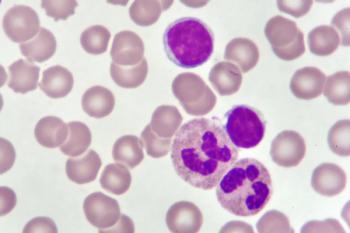
Jacob D. Soumerai, MD, of Harvard Medical School and Massachusetts General Hospital, addresses the primary endpoint in the trial assessing zanubrutinib, obinutuzumab, and venetoclax in previously untreated chronic lymphocytic leukemia.

Jacob D. Soumerai, MD, of Harvard Medical School and Massachusetts General Hospital, addresses the primary endpoint in the trial assessing zanubrutinib, obinutuzumab, and venetoclax in previously untreated chronic lymphocytic leukemia.

Although marginal zone lymphoma is relatively rare, it contains a broad spectrum of conditions under it that require an individualized treatment selection process.

Abatacept is also approved for adults with moderate to severe rheumatoid arthritis, active psoriatic arthritis, and moderate to severe polyarticular juvenile idiopathic arthritis for children 2 years of age and older.

The treatment was first approved in 2013 for adults as a 1500 mg course of treatment, administered as 2 doses of 750 mg each separated by at least 7 days.

Jacob D. Soumerai, MD, of Harvard Medical School and Massachusetts General Hospital, discusses minimum residual disease-driven time limited therapy with zanubrutinib, obinutuzumab, and venetoclax in previously untreated chronic lymphocytic leukemia.

Cutaquig was recently approved for the treatment of pediatric patients aged 2 years and older with primary humoral immunodeficiency.

The safety profile observed in patients with active psoriatic arthritis administered upadacitinib was consistent with the safety profile observed in patients with rheumatoid arthritis.
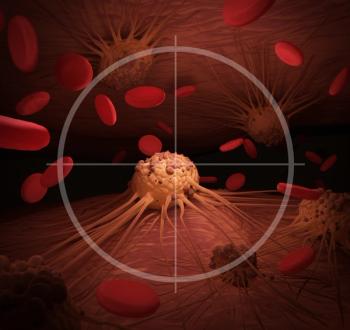
Experts reviewed the efficacy and safety of the recommended treatment regimens and discussed which treatment strategy they would recommend for their patients.

In specialty pharmacy, many patients take steps to manage their prescription benefits before the new year.

Pharmacists have an important role in the optimization of AML therapies.
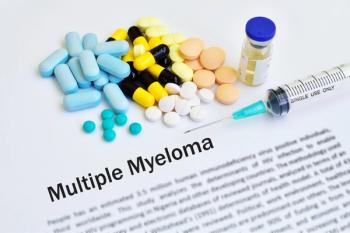
Data support daratumumab as part of a standard of care regimen in the frontline setting for patients with newly diagnosed multiple myeloma.

Myriam Mendila, MD, chief medical officer and global head of medical affairs at Novartis Oncology, discusses ongoing trials assessing efficacy and safety of asciminib in the treatment of chronic myeloid leukemia.

Advancements in genomic and mutational analysis show that up to 60% of adenocarcinomas and up to 50% to 80% of squamous cell carcinomas (SCC) have a known oncogenic driver mutation.

The combination of tislelizumab and chemotherapy demonstrated a statistically significant improvement in progression-free survival.
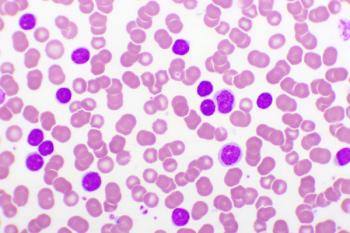
Lindsey Roeker, MD at assistant attending L1, Memorial Sloan Kettering Cancer Center, discusses her ASH 2021 presentation and addresses how the study design could affect future studies.

Myriam Mendila, MD, chief medical officer and global head of medical affairs at Novartis Oncology, discusses how the ASCEMBL study data may impact treatment strategies and approaches for patients with chronic myeloid leukemia.

Lindsey Roeker, MD at assistant attending L1, Memorial Sloan Kettering Cancer Center, discusses her ASH 2021 presentation and addresses the study design and the sample demographics.
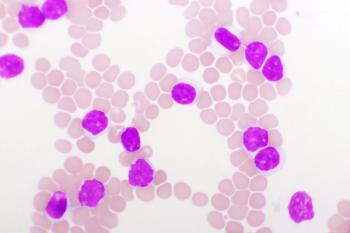
Lindsey Roeker, MD, assistant attending L1 at Memorial Sloan Kettering Cancer Center, discusses her ASH 2021 presentation and addresses the highlights of the study and how the add-on approach affect the treatment of CLL.
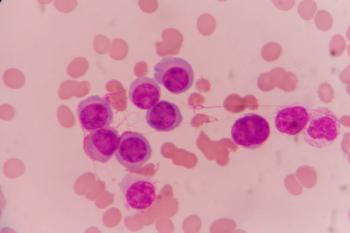
Lindsey Roeker, MD, assistant attending L1 at Memorial Sloan Kettering Cancer Center, discusses her ASH 2021 presentation and addresses how the addition of umbralisib and ublituximab affect those being treated with ibrutinib.
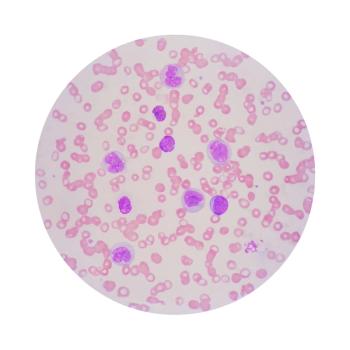
Myriam Mendila, MD, chief medical officer and global head of medical affairs at Novartis Oncology, discusses how asciminib has impacted the treatment landscape for chronic myeloid leukemia.

The multicenter phase 3 study randomized patients with R/R CLL 1:1 to receive acalabrutinib 100 mg orally twice daily or investigator’s choice of idelalisib plus rituximab or bendamustine plus rituximab until disease progression or unacceptable toxicity.

Lindsey Roeker, MD, assistant attending L1 at Memorial Sloan Kettering Cancer Center, discusses her ASH 2021 presentation and addresses some of the challenges and risk of ibrutinib as treatment for CLL.
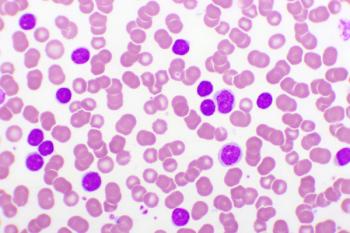
Myriam Mendila, MD, chief medical officer and global head of medical affairs at Novartis Oncology, discusses new longer-term efficacy and safety data from the pivotal phase 3 ASCEMBL study.

In a phase 1b trial, the combination therapy of acalabrutinib, venetoclax, and rituximab had a 100% clinical response rate and was well-tolerated in patients with treatment-naïve mantle cell lymphoma.

Pembrolizumab is the first anti-PD-1/anti-PD-L1 therapy to demonstrate a recurrence-free survival benefit in the adjuvant setting for melanoma.

Axicabtagene ciloleucel (Yescarta) was the first CAR T-cell immunotherapy to be approved for relapsed or refractory large B-cell lymphoma.
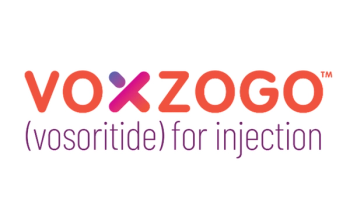
Vosoritide is indicated to increase linear growth in pediatric patients with achondroplasia.

Acalabrutinib is a Bruton tyrosine kinase inhibitor (BTKi) intended for the treatment of adult patients with mantle cell lymphoma who have received at least 1 prior therapy.

Timely access to cancer treatment improves patient outcomes.
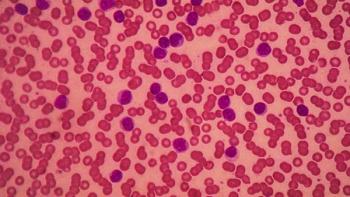
The investigators said that there were no new safety signals identified, and no reported instances of tumor lysis syndrome.